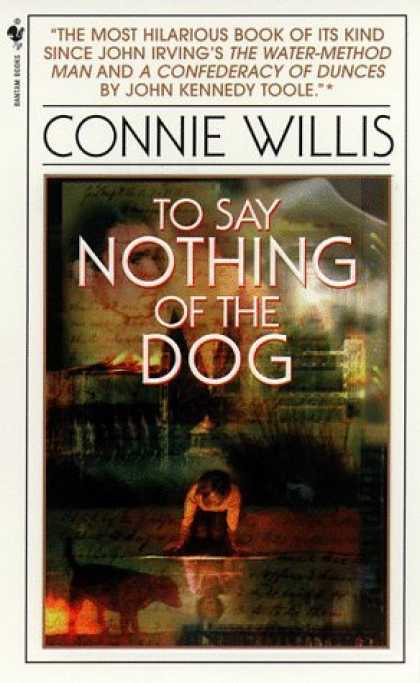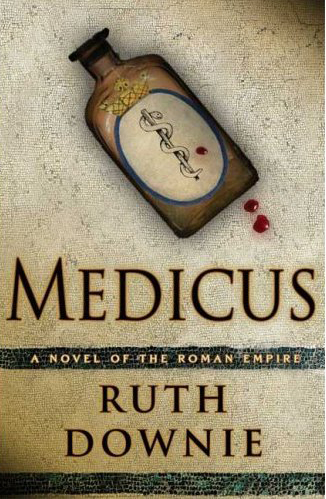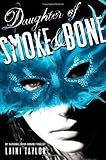This Week's Topic
We're combining today's RTW with Highwayer Sarah Enni's End-of-the-Year blog carnival, and asking:
What were your top five favorite books of 2011?
What were your top five favorite books of 2011?
Man, these questions are always really difficult, because my years are still school-years, and the actual year-end comes smack in the middle of things. It's really hard to remember back and try to figure out when I read what. I was hoping Goodreads would help with this, but apparently I'm not good at remembering to mark down when I read a book. I will do my best.
Thrones, Dominations
First year of grad school, I was desperately stressed. I hated a large portion of my classes, I was bored, annoyed, too busy to do anything interesting, feeling like I wasn't going anywhere at all. And that was when I discovered Dorothy Sayers. I don't even quite remember how, except that I was so bored of podfics, and I needed an audiobook to listen to while I was cooking, and I needed it right then. And lo, and behold, Whose Body? was up on LibriVox.
I read them all. By the time I got on the bus to head back home for break, Clouds of Witness was loaded up on my iPod, and I listened to it for eight hours straight. When I was completely a mess because one of my fellow grad-students was being crazy and terrifying and stalky, I was reading Gaudy Night (also about crazy stalky academics, but these ones at Oxford). And after Christmas, when I read Busman's Honeymoon, I was so sad, because that was all there was.
I always approach postmortem books with trepidation, and it was a while before I dared to read Jill Patton Walsh's execution of Dorothy Sayers' notes, but when I did I was so glad I had. She pulls it off, with all the charm and the horror required.
To Say Nothing of the Dog
I had just started reading the Book View Cafe when this book started popping up on my radar, over and over again, with people praising its humor, its smarts. I can't really count it, since I read it in October, but I can count Blackout, by the same author, which was just as excellent, though much darker. I'm leaving this cover up though, because this is where you should start.
If you're looking for a funny, tongue-in-cheek, time-travel tale, full of cats and dogs and Victorian furniture (with plenty of intertextuality, especially to Dorothy Sayers) read it!
Medicus
Finally! One that was solidly in 2011! But, of course, I already talked a bit about this earlier on the blog, so I won't repeat myself. But it's so incredibly awesome. Read it!
The Warrior's Apprentice
Another borderline book. What can I say, I read a ton of books last Christmas that were awesome. I have distinct memories of reading it while I was home, so I might not have finished it until after New Years, maybe. But again, this is a series of awesome! And I think this book is a great place to start. In fact, for your YA readers who are bored of romance and high school and really want to have an adventure, with space ships and mercenaries and strange planets with incredible cultures, give them this! Fast and funny, with one of the best main characters ever, there's nothing better, except the sequels!
And for something a little different - wait, just because it's a memoir doesn't mean it's any different. This is just as fast and funny, a crazy tale of improbably true occurrences. It's a quick, laugh out loud read. If you're lonely and longing for just a little more James Herriot or Bill Bryson, this book is in that hilarious vein.
I recommend all of these books unreservedly! Happy Reading!




















